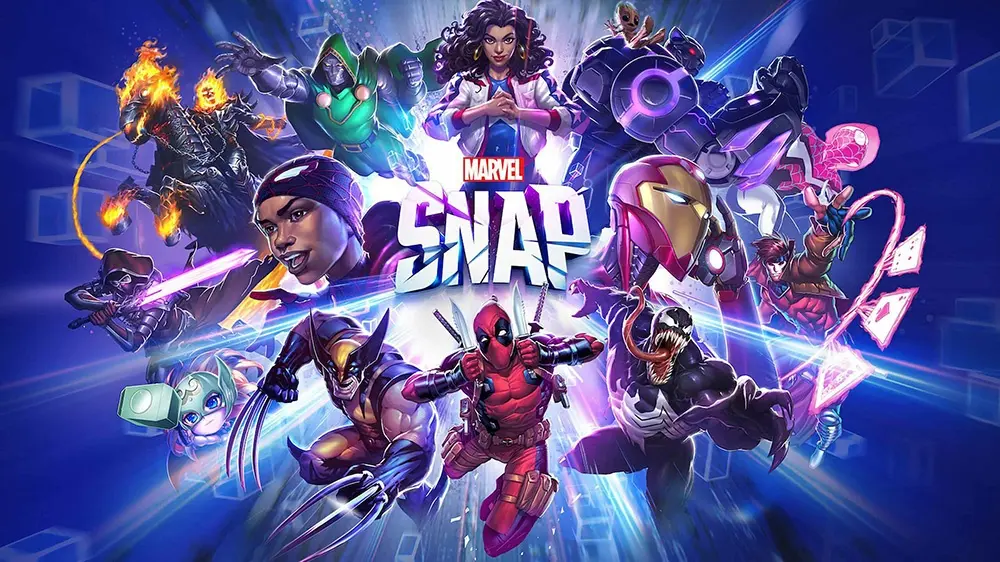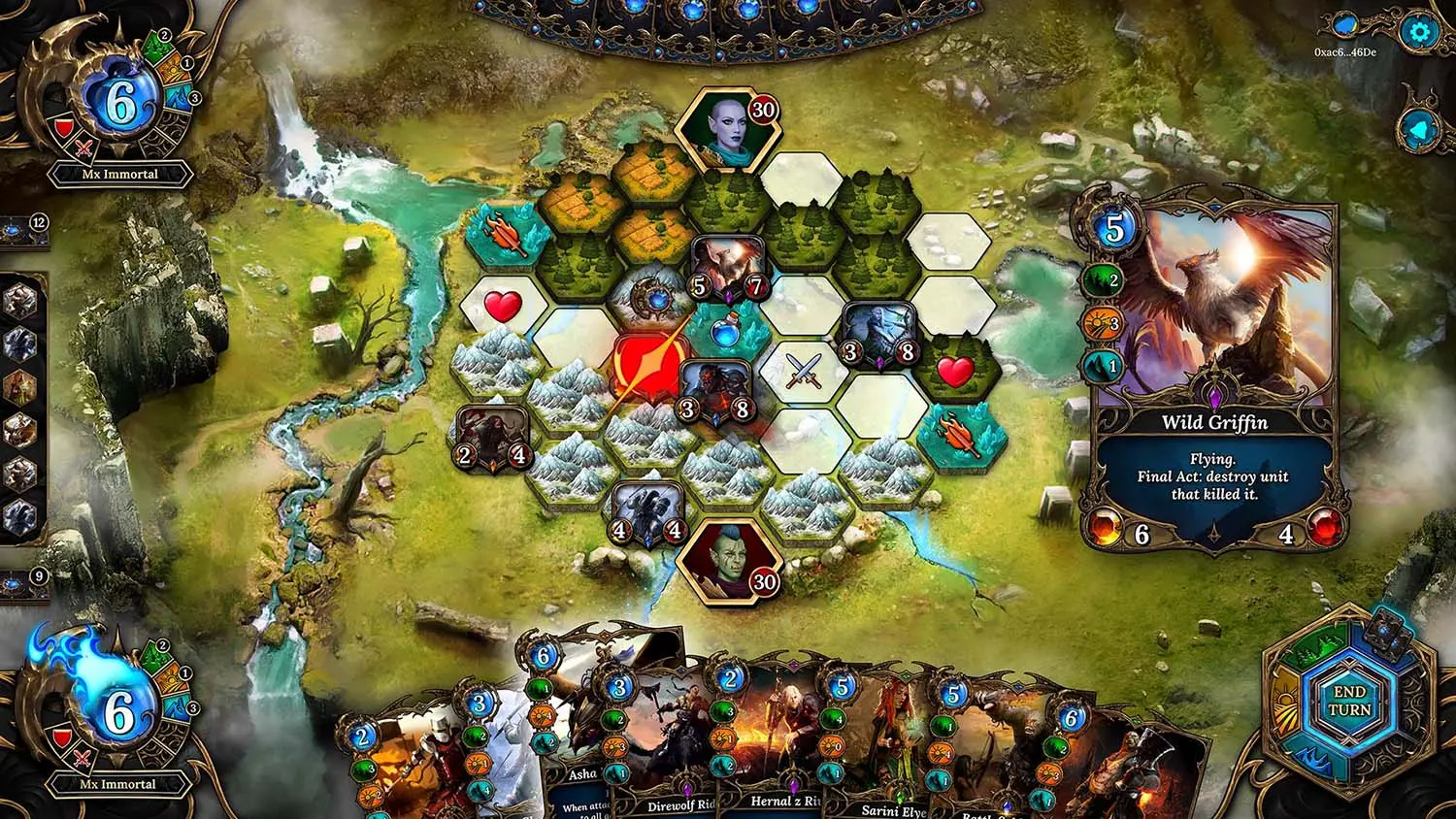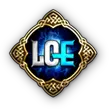What Forbes Writes About the Global Trading Card Game Market Size
In the ever-evolving world of gaming, trading card games have carved a unique niche, blending strategy with collectability. Forbes recently turned its spotlight on this dynamic market, offering valuable insights. Here, we’ll dissect their findings, weaving in details about the promising game, Legends of Elysium (LOE).
The Phenomenal Journey of ‘Marvel Snap’

Forbes’ coverage of ‘Marvel Snap’ paints the picture of a game that has truly disrupted the market. This online collectible card game, centred around iconic superheroes, didn’t just enter the market; it dominated it. Grossing $100 million, it’s a testament to how digital adaptations of beloved franchises can resonate with audiences. Beyond the numbers, the game’s mechanics, featuring 12-card decks representing Marvel characters and quick three-minute battles, have likely contributed to its 22 million downloads since October.
Global Trading Card Game Market Size

To understand the present, one must often look to the past. Digital card games owe their existence to physical predecessors like Pokémon, Yu-Gi-Oh!, and Magic: The Gathering. These games, with their tactile cards and face-to-face interactions, laid the groundwork for the digital behemoths of today. By the late 1990s, as the internet began its global takeover, card games started their digital transition. The year 2023 marked a significant milestone with the introduction of games like ‘Cross The Ages’, ‘Legends of Elysium’, and others. Forbes’ valuation of the global Trading Card Game market at $2.99 billion the 2022 year, with projections reaching $4.2 billion by 2028, underscores this evolution. While ‘Marvel Snap’ has captured global attention, Legends of Elysium is steadily gaining traction. LOE isn’t just another digital card game; it’s a fusion of traditional card mechanics and board game elements. With three races – Orcs, Humans, and Dark Elves – players are treated to a rich tapestry of lore, strategy, and gameplay dynamics. The game’s commitment to innovation, community engagement, and fairness sets it apart in a crowded market.
The Road Ahead for Digital Trading Card Games
The digital card game industry’s trajectory suggests a future filled with innovation. As technology continues to advance, we can anticipate more immersive gaming experiences. Augmented and virtual reality integrations, cross-platform play, and real-time global tournaments are just a few possibilities on the horizon. The projected growth to $4.2 billion by 2028 is not just a testament to these games’ popularity but also to their potential to redefine digital gaming. No industry growth comes without challenges. For digital card games, these include balancing monetisation strategies, ensuring fair play, combating digital piracy, and continuously updating gameplay mechanics to keep players engaged. However, with challenges come opportunities. Developers who can strike the right balance, offer unique gameplay experiences, and foster strong player communities will undoubtedly lead the next wave of digital card game successes. The insights from Forbes, combined with the market’s current dynamics, paint a promising picture for the future of digital card games. With games like ‘Marvel Snap’ setting new standards and innovative offerings like Legends of Elysium pushing boundaries, the industry is poised for a renaissance. For players and developers alike, it’s an exciting time to be part of this digital revolution.
The Economic Impact of Digital Card Games
The financial success of games like ‘Marvel Snap’ and the projected market value underscore the economic significance of digital card games. Beyond the direct revenue from game sales and in-app purchases, there’s a ripple effect in the economy. Merchandise, spin-off products, conventions, and e-sports tournaments contribute to job creation and business opportunities in various sectors. The digital card game industry, thus, isn’t just a niche market but a significant economic player. One of the driving forces behind the success of digital card games is the sense of community they foster. Platforms now offer chat functionalities, team battles, and global tournaments, allowing players from different parts of the world to connect, collaborate, and compete. Legends of Elysium, for instance, with its rich lore and diverse races, offers ample opportunities for players to form alliances, discuss strategies, and share gameplay experiences. The future of digital card games is intrinsically tied to technological advancements. Faster internet speeds, more powerful devices, and advancements in augmented and virtual reality will shape the next generation of games. Developers are now exploring AI-driven narratives, real-time AR battles, and VR arenas where players can ‘live’ the game. The fusion of technology and creativity promises a gaming experience like never before.
Sustainability and Longevity in the Digital Card Game Market
While the current trends are promising, sustainability is crucial. Developers need to ensure regular updates, fresh content, and active community engagement to retain players. Feedback-driven development, where player insights shape game updates, can be pivotal in ensuring longevity. Games like Legends of Elysium, with their commitment to innovation and community, are well poised to not just enter the market but to stay and thrive. The beauty of digital card games lies in their universal appeal. Unlike certain genres that cater to specific demographics, card games, with their blend of strategy and lore, resonate with a diverse audience. The global success of games, from ‘Marvel Snap’ to ‘Legends of Elysium’, is a testament to this universal charm. As developers tap into different cultures, histories, and mythologies to craft their narratives, the global digital card game community is set to grow even further. The insights from Forbes, combined with the current market dynamics and future projections, suggest that we’re in the midst of a digital card game revolution. As technology, creativity, and community converge, the boundaries of what’s possible are continually expanding. For players, developers, and stakeholders, the journey has just begun, and the road ahead promises excitement, challenges, and unparalleled gaming experiences.







